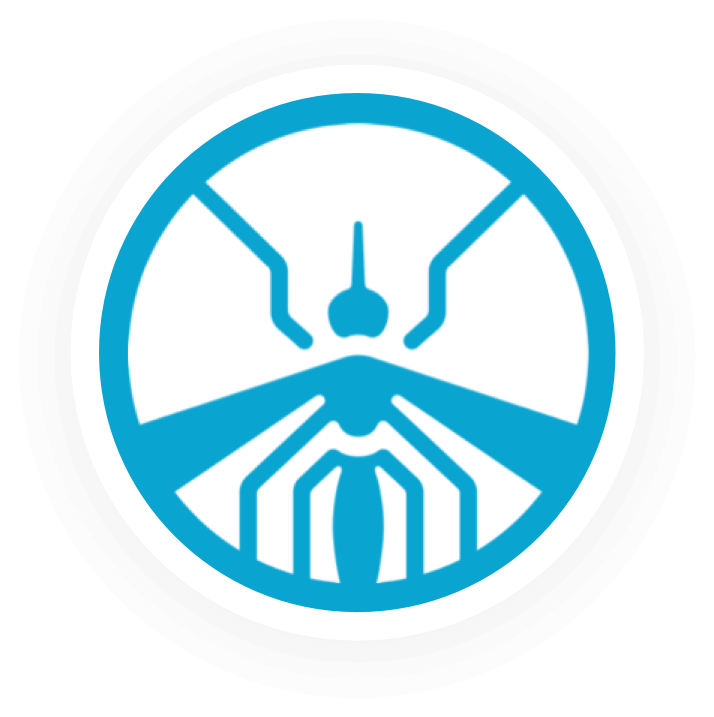After conducting laboratory studies to examine the impact of Wolbachia on dengue and chikungunya viruses in Kiribati, we engaged with the community to explain our Wolbachia method. In 2019 we gained community acceptance and we released Wolbachia mosquitoes across South Tarawa and Betio.
We are now rigorously evaluating both the levels of Wolbachia in the mosquito population and the impact of Wolbachia on the transmission of dengue and other mosquito-borne diseases.


Following the signing of the project agreement in 2017 between Monash University and the Kiribati Government, the project has worked with the community to explain how the Wolbachia method works to prevent mosquito-borne diseases.
Community engagement is an important part of the project. We needed to connect with people from a wide variety of ethnic backgrounds, experiences, ages and ability to access information. So, during early 2018, we worked through social and traditional media to provide information to the community. In South Tarawa and Betio, public acceptance of the project (prior to the release of mosquitoes) was 97 per cent.
We released Wolbachia mosquitoes from mid-2018 to mid-2019 and we are now collecting data on the incidence of dengue and chikungunya in the release areas.
The community has been enthusiastically supporting the project in South Tarawa and Betio, with nearly 3150 volunteers helping to release mosquitoes, host bug traps and promote the project.




